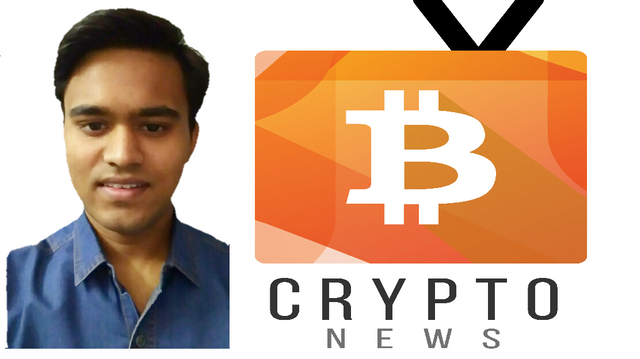What is ETF - Most Trending Question Now a days
What is ETF ? Most Trending Question Now a days .Created Lot of Hype about BTC Price. Last Year SEC Rejected ETF Proposal Presented By Winklevoss Brothers on 10th March 2017.This Year SEC Decision will Come on 10th August. It Seems SEC Loves 10TH Figure.😂😝
Reactions to the news were, as can be expected, mixed. Markets, having hit a new all-time high of roughly $1,325 prior to the decision, fell sharply before recovering above $1,100. Some observers deemed it a setback for bitcoin, while others, by comparison, said that it wouldn't have any long-term impact.
An exchange-traded fund (ETF) is an investment fundtraded on stock exchanges, much like stocks. An ETF holds assets such as stocks, commodities, or bonds and generally operates with an arbitrage mechanism designed to keep it trading close to its net asset value, although deviations can occasionally occur. Most ETFs track an index, such as a stock index or bond index. ETFs may be attractive as investments because of their low costs, tax efficiency, and stock-like features. By 2013, ETFs had become the most popular type of exchange-traded product.
ETF distributors only buy or sell ETFs directly from or to authorized participants, which are large broker-dealers with whom they have entered into agreements—and then, only in creation units, which are large blocks of tens of thousands of ETF shares, usually exchanged in-kind with baskets of the underlying securities. Authorized participants may wish to invest in the ETF shares for the long-term, but they usually act as market makers on the open market, using their ability to exchange creation units with their underlying securities to provide liquidity of the ETF shares and help ensure that their intraday market price approximates the net asset value of the underlying assets. Other investors, such as individuals using a retail broker, trade ETF shares on this secondary market.
An ETF combines the valuation feature of a mutual fund or unit investment trust, which can be bought or sold at the end of each trading day for its net asset value, with the tradability feature of a closed-end fund, which trades throughout the trading day at prices that may be more or less than its net asset value. Closed-end funds are not considered to be ETFs, even though they are funds and are traded on an exchange. ETFs have been available in the US since 1993 and in Europe since 1999. ETFs traditionally have been index funds, but in 2008 the U.S. Securities and Exchange Commission began to authorize the creation of actively managed ETFs.
ETFs offer both tax efficiency as well as lower transaction and management costs. More than US$2 trillion were invested in ETFs in the United States between when they were introduced in 1993 and 2015. By the end of 2015, ETFs offered "1,800 different products, covering almost every conceivable market sector, niche and trading strategy".
Many Members were Curious "What is ETF?" They Don't want to Know through Google. So I Presented Here What is ETF.
Sources link - https://en.wikipedia.org/wiki/Exchange-traded_fund


Hi! I am a robot. I just upvoted you! I found similar content that readers might be interested in:
https://en.wikipedia.org/wiki/Exchange-traded_fund